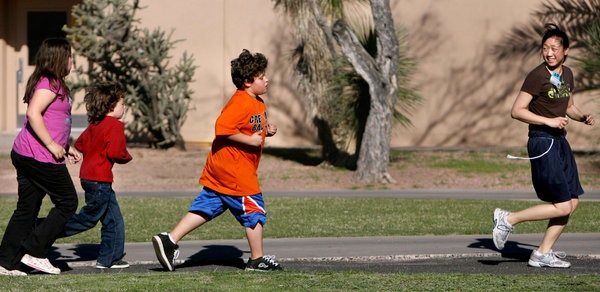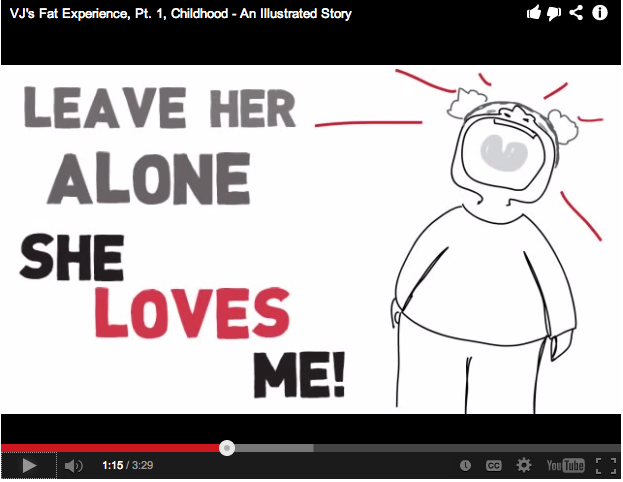
The largest organization of physicians in the country has officially recognized obesity as a disease, a decision that could encourage health insurance companies to expand coverage and doctors to take the problem more seriously.
Until now, obesity was considered a risk factor for other diseases like type II diabetes or cardiovascular disease. It wasn’t considered an illness in its own right. But last month the American Medical Association voted to categorize the symptoms of obesity – a body mass index above 30 – as a disease. The move was controversial. The delegates who made the decision overrode a committee’s opinion. But its effects could have a far-reaching impact.
People suffering from obesity are often told they are lazy and that it’s their fault that they are overweight — we see it all the time in our program. With the largest medical organization in the nation declaring it a disease, perhaps this will be the first step in changing how we all think about obesity.
Although the AMA has no direct authority to change policies, it is the largest organization of doctors in the country and its opinions don’t go unnoticed. Doctors may pay closer attention to obese patients and treat obesity more aggressively if they view it as an illness and not a lifestyle choice. Health insurance companies might be more likely to pay for obesity-related symptoms if it is considered a disease. And people suffering from obesity may take steps to improve their health if they see that they are suffering from a disease that could be treated.




